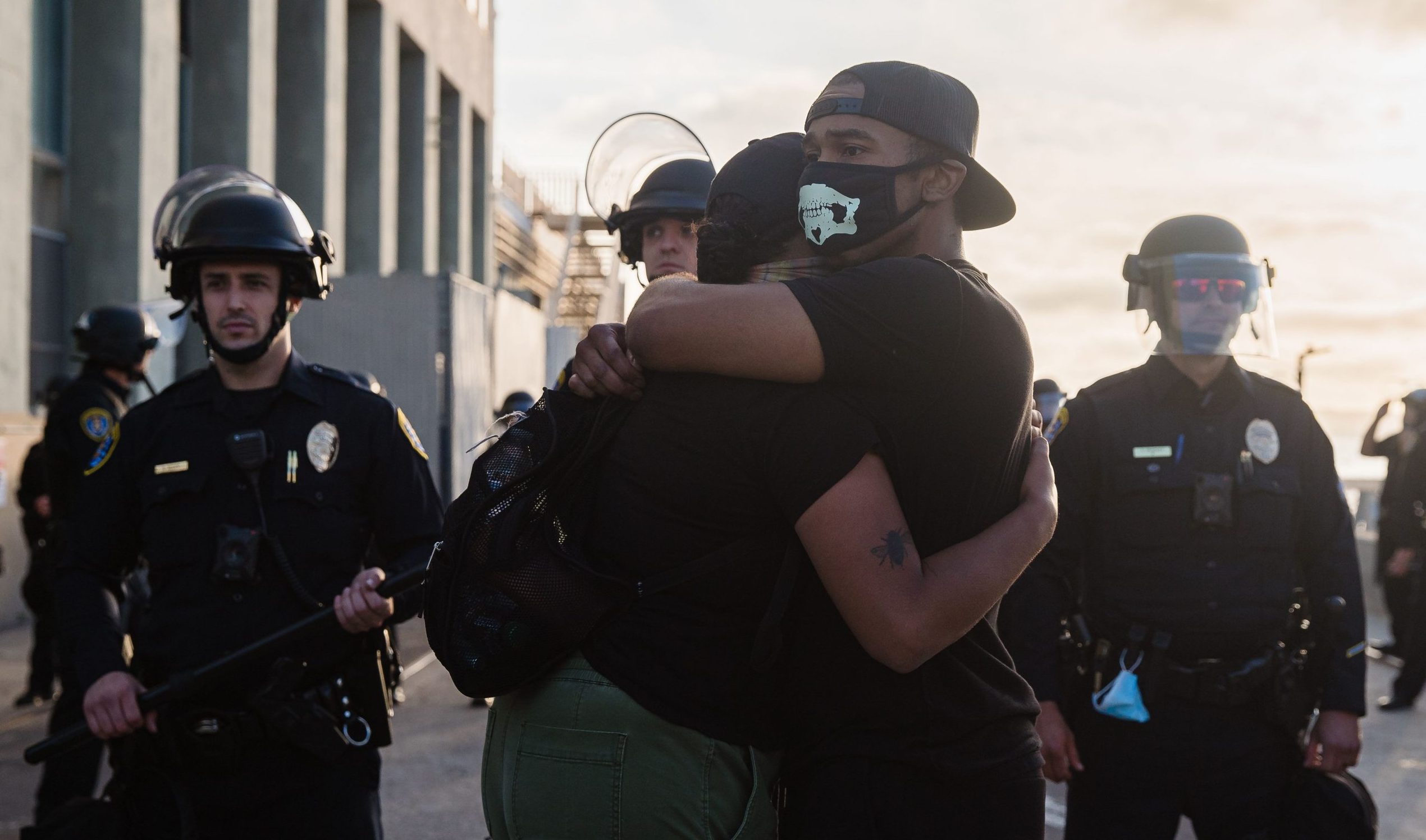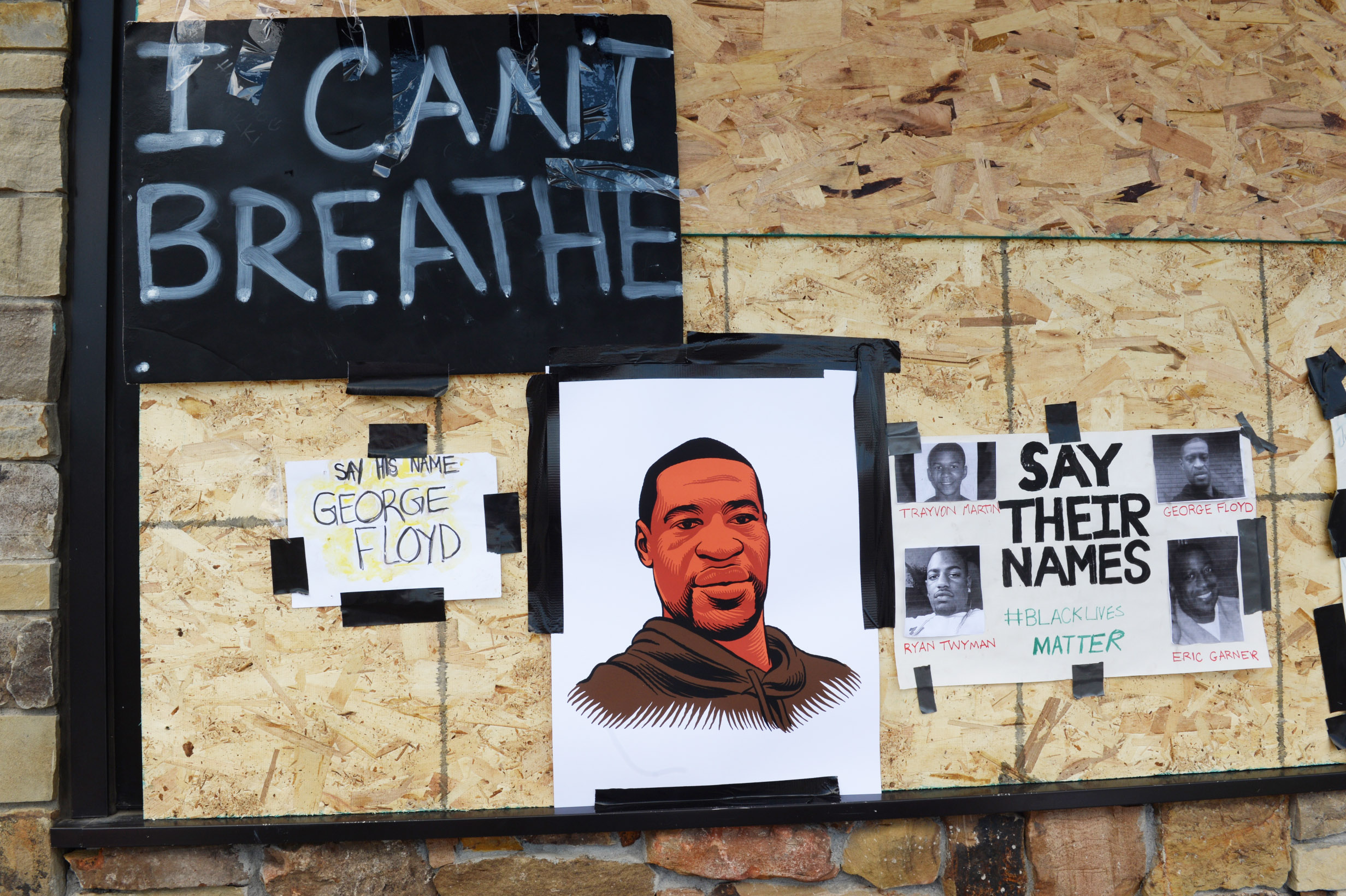Dear White People: Keep that same energy when the protests are over
Opinion: In the fight for racial justice, some of the most valuable things that white people can do is to read, listen, learn and hold one another accountable.

Over the past week and a half, every day streets across the nation have been flooded with protestors of all races. Researchers have found that the George Floyd protests are the broadest in U.S. history.
Unlike past Black Lives Matter protests, many of the protestors in the streets are white. In the midst of a global pandemic, white people have been uniquely unable to ignore the state sanctioned racial violence that Black people face in this country. Black Lives Matter, which not long ago was considered to be a divisive statement among many white people, has become a unifying rallying call.
As white people begin to proclaim that Black Lives Matter, it is important for them to actively consider how we got to this moment. This means taking the time to actively learn and unlearn the ways in which systematic racism is embedded in the fabric of nation, as well as the ways in which they are complicit in the perpetuation of that racism.
RELATED: Virginia man who drove truck into protesters is a KKK leader
It is important to continue to protest, donate to Black organizations and bailout funds, and to apply pressure in the streets, but it is also crucial that white people, in particular, arm themselves with the language and tools necessary for the ongoing battle against institutional racism in this country. In the fight for racial justice, some of the most valuable things that white people can do is to read, listen, learn and hold one another accountable. I have several recommendations for cultivating the tools necessary for learning and unlearning.
- Create Anti-Racist Book Clubs
It is no longer sufficient to simply say “I’m not racist.” Racism is so deeply engrained in the United States of America that white people do not have to actively do anything for it to continue. In fact, in order to exhibit anti-racism there are active steps that white people need to take. To start, there are several books that are helpful in understanding racism in America. One book that may be helpful for people who are new to learning about race in America is Ibram X. Kendi’s How to Be an Antiracist. To understand the broader historical context surrounding this moment, I also recommend Michelle Alexander’s The New Jim Crow: Mass Incarceration in the Age of Colorblindness.

Although in many ways this moment is different than past Black liberation movements in this country, there are also important similarities. James Baldwin once said “You think your pain and your heartbreak are unprecedented in the history of the world, but then you read. It was books that taught me that the things that tormented me most were the very things that connected me with all the people who were alive, who had ever been alive.” For centuries, Black people have written books that provide context for this moment. In terms of historical texts, I recommend beginning with the collective writings of Ida B. Wells.
- Listen to Podcasts
To gain a deeper understanding of criminal justice reform I recommend listening to the podcast Justice in America. The podcast hosted by Josie Duffy Rice, president of The Appeal, along with guest hosts Darnell Moore, Donovan X. Ramsey, Derecka Purnell, and Zak Cheney Rice. Each episode breaks down a criminal justice issue in conversation with experts and advocates.

- Call out your friends, family, employers and yourself
It is important for people to continue to hold one another accountable in the fight for racial justice. When the protestors are no longer in the streets and the media cycle has changed its focus, how will you continue to show up for Black people in America? For people who are not Black, in this country, in many predominantly white spaces, it has become normal not to discuss race.
RELATED: White antagonists continue to infiltrate BLM protests
However, this current moment has highlighted that not talking about race does not mean that people or institutions are not doing harm to Black people. One common refrain is that “white silence = white violence.” Being an anti-racist requires an active unlearning of past behaviors, practices and language. This work is not easy and cannot be accomplished overnight. In fact, it is much easier to revert back to old habits. When people begin to backslide, as they likely will, continue to call out your family, friends, employers and even yourself.
Chaya Crowder is a doctoral candidate at Princeton University.
https://open.spotify.com/episode/3ZuyOfTmcLfkxzqMdftiCV






